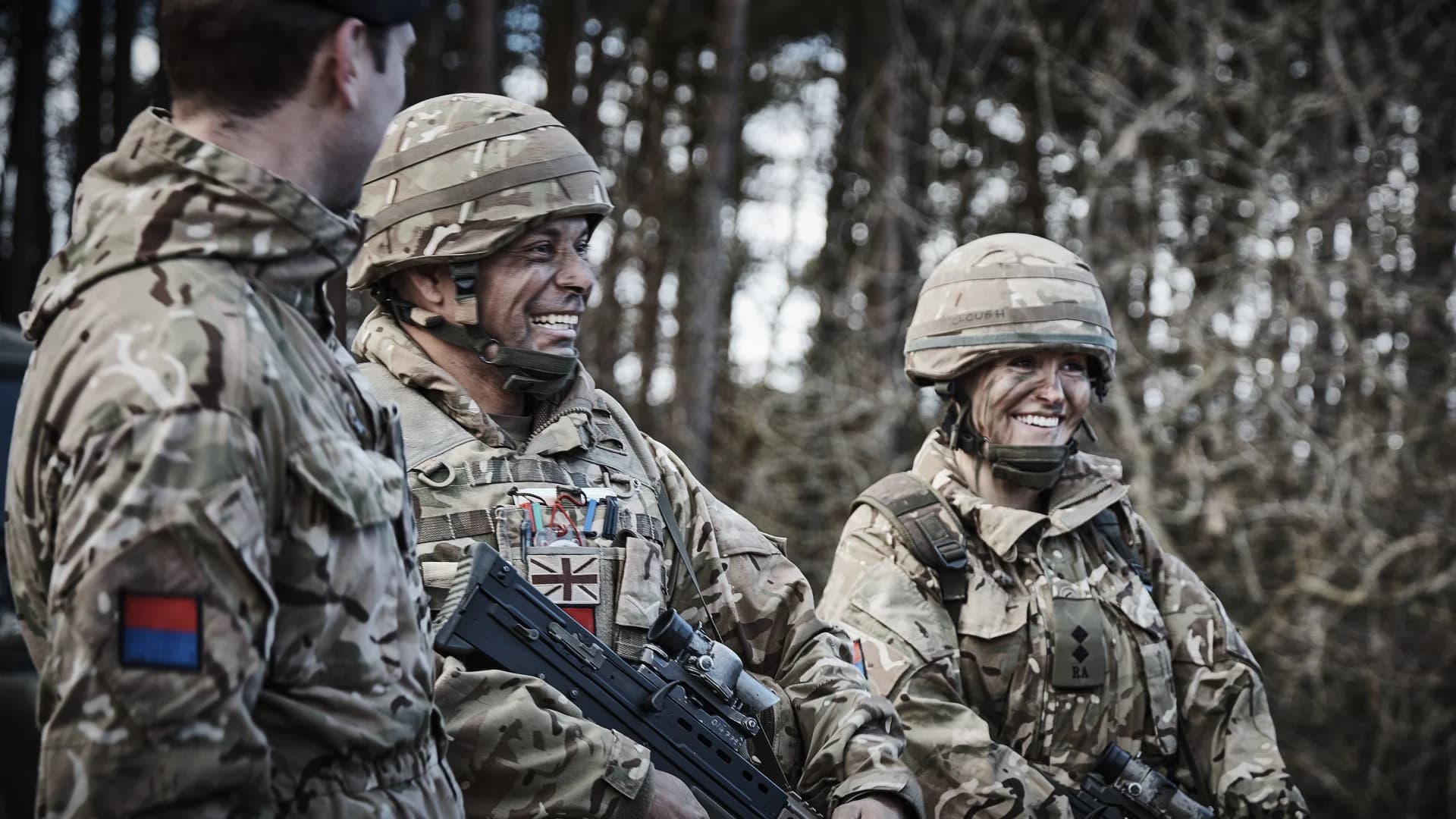
Medical research in the army?

Additional information
I'm keen to join the army after my FY1/FY2 years (I'm currently in the penultimate year of med school), however I was wondering if there are opportunities to get involved with medical research after completing the GMDO post. I'm very interested in trauma/intensive care/emergency medicine and would like to be able to do a job that allows me to get involved with the academic side. Does the army allow for this? e.g. are academic clinical fellow posts open to army applicants in the same way as NHS applicants? In a similar vein, I'm also interested in global health/health economics/policy and have been considering doing a masters degree in this area - is this something I would be able to do in the army or are masters degrees not possible to undertake while doing army training/posts? Also one final question, after GMDO when you are doing specialty training, is it possible to work in any hospital, or only in the 5 main army hospitals (i.e. Plymouth, Portsmouth, Northallerton, Birmingham, Frimley) - or could I work in London/Bristol/anywhere else if I wanted? thanks very much!
Anonymous asked a question to Tori C.
Category: About us
Date asked: Thursday, February 27, 2020
Last reviewed: Tuesday, April 7, 2020

Tori C.
Regimental Medical Officer
Hello,
Lots of great questions!
So while you are a GDMO you can get involved in research, the medical community is quite small, so if that is something you are keen on, there are always more senior clinicians looking for assistance with various projects. Post GDMO you can still be involved in projects, but training comes first so you just need to make sure you don't take on too much.
Post GDMO, if you wanted to do general practice (remembering that Army GP and NHS GP are very different roles, so this is a good option if you enjoy pre hospital care), then there are a couple of academic clinical fellow posts, these are open to applications from GP trainees in the Army as well as the RAF and Navy. I am afraid I am not sure about other specialties, but if you had a particular one in mind let me know and I will find out for you.
Some GDMOs will choose to go into public health medicine, at which point the Army will support you to do a masters, usually you get a choice of a few universities to do this. I am not sure they would necessarily support it if you were not training to be a public health consultant. Often extra qualifications are looked at on a case by case basis and it ultimately comes down to, if they pay for you to do something, will it be useful for them in the long run.
The post GDMO specialty training location is a tricky one! Yes, you can theoretically train in another hospital, but they won't always say yes. So I have colleagues who are training in Bristol, Salisbury, Poole, Cardiff and Swindon (as well as various other places) but I also have colleagues who asked to train elsewhere and were placed in one of the JHGs you have mentioned above. It will depend on a few factors, what reason you have for wishing to train in a different hospital, who is sitting on the board that year, and what availability those other hospitals have to take non-NHS trainees.
I hope that answers your questions, let me know if you need any more information.
Tuesday, March 3, 2020
Anonymous
Thank you so much for your detailed reply!
With regards to the academic training, I'd be interested in critical care and emergency medicine in particular...I think I have seen a few people on twitter who seem to be military and also academic emergency medicine trainees but I'm just not sure how this would work...any extra info you could get would be hugely appreciated!
Sorry for the barrage of questions and thanks again!
Thursday, March 5, 2020

Tori C.
Regimental Medical Officer
Ok, so for EM you can apply for an academic clinical fellowship once you have a confirmed ST1 training place. Usually this means you will do your fellowship during ST2&3, however it is possible to do it during ST1 as well. 25% of your time during those years will be for the academic side of things and 75% for the clinical. It does not extend your training time provided you meet all your ARCP requirements during your clinical time.
The only downside is it does limit your hospital choices as you will have to train somewhere that has a mil EM professor.
Specialty training is still a few years away for you (although I understand wanting to be prepared!). If you are contemplating joining the Army I would recommend at least joining for the GDMO years, and then if you decide you want to do something the Army doesn't offer you can transition back to the NHS (they're very good at supporting this). Generally speaking the Army applicants benchmark pretty highly as they've had 3 years to build a great CV and get some interesting life experiences.
Thursday, March 5, 2020
Anonymous
i have not yet started medicine so how does it work?
do you have to first finish or start medicine to become an army doctor
Tuesday, April 7, 2020

Tori C.
Regimental Medical Officer
Hello,
You need to at least start your medical degree to apply to become an army doctor.
There are two primary ways of joining.
Join as a bursar. This is when you apply at medical school and the Army pay you while you finish your degree. You then complete your foundation years at a JHG Hospital (Frimley Park, Northallerton, Portsmouth, Plymouth or the Queen Elizabeth Hospital Birmingham).
More details on joining as a bursar can be found here https://apply.army.mod.uk/roles/army-medical-service/doctor
Join as a direct entrant. Usually these doctors apply during their foundation year 1 and start after finishing foundation year 2.
If you have any further questions please feel free to start a new topic and direct your questions to me.
Tuesday, April 7, 2020
This discussion is closed, so no new comments can be added.